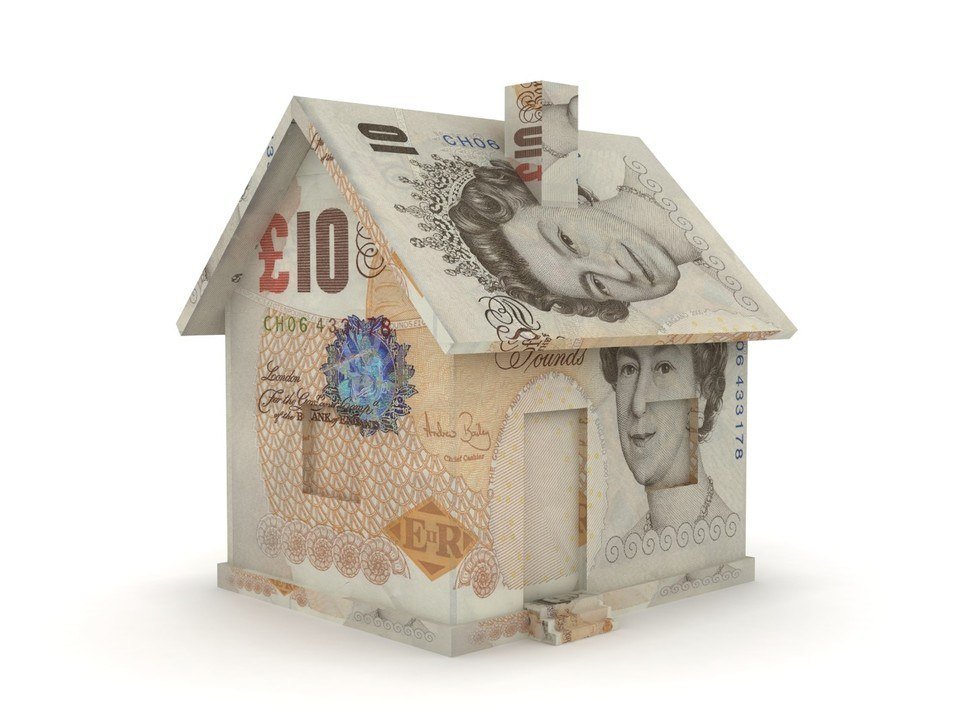Only the top 10% of income earners can afford an average house with less than five years of income in England, new research shows.
One in five tenants are putting plans to buy a property on hold amid the current housing crisis, new figures have revealed.
The Bank of England looks likely to raise rates by a quarter-point to 5.25% on Aug. 3, though economists and markets see a risk of a repeat of June's surprise half-point hike as inflation remains hotter than in other big economies.
LONDON (Reuters) - British Prime Minister Rishi Sunak will commit to a promise to build 1 million homes by the next national election, tackling a lack of housing stock that has alienated some younger voters who are often forced to pay high rents and are unable to buy.
Rent prices will continue to rise as landlords quit the property market in record numbers, one of the country’s leading property associations claims.
House price growth slowed to 1.9% in the 12 months to May and a further slowdown is expected as the full extent of mortgage rate rises feeds through.
Asking prices have edged up 2.6% since the start of the year
- Mortgage Defaults Rise 30% in Three Months
- Landlords Eye More Properties as Tenant Demand Rises
- Housing Affordability Ratio More Than Doubles Since 1970s
- Property Transactions Down Again Says HMRC
- Price Your Home Realistically or Face Lost Sales
- Higher Interest Rates Causing Increased Level of Unpredictability
- JPMorgan's Shock Interest Rate Warning as Bank Could Rise as High as 7%
- Rents to Rise Throughout Summer








